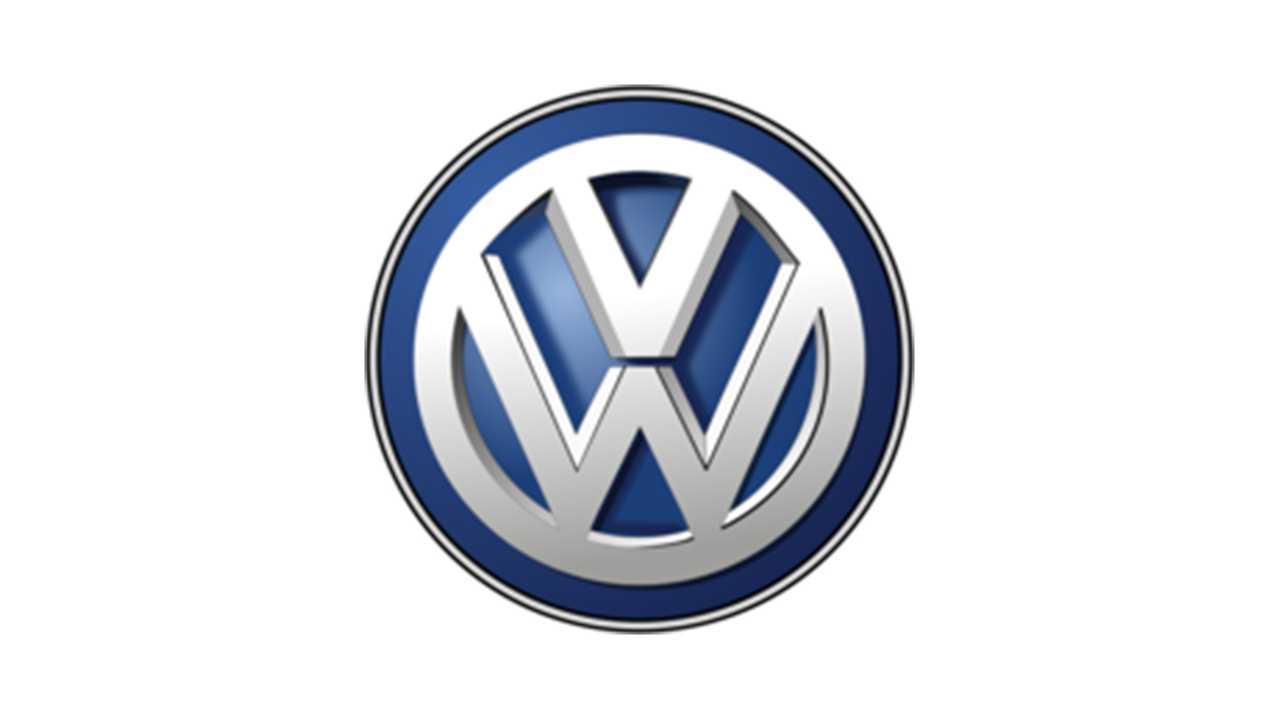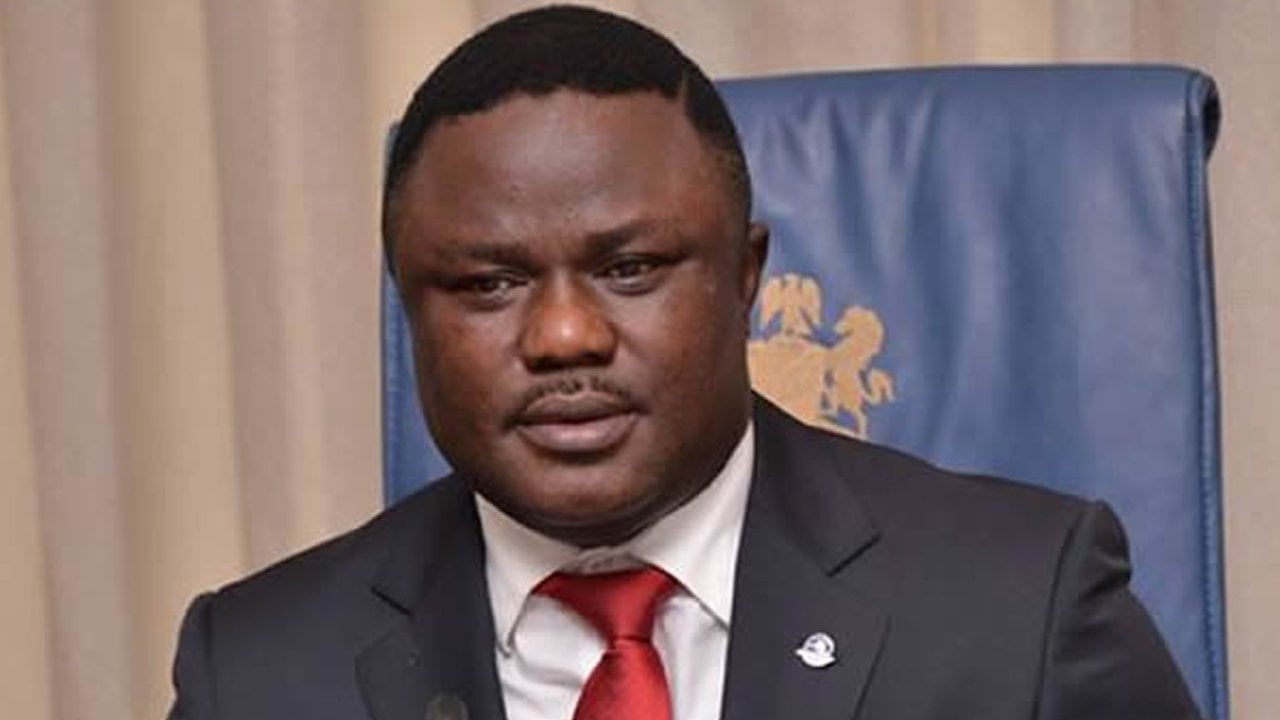German car giant, Volkswagen (VW) said it would stop its vehicle production in Russia “until further notice” and “immediately” halt exports to Russia in light of the attack on Ukraine.
VW operated its own car production sites in Kaluga, south-west of Moscow and Nizhny Novgorod, further east.
The company on Thursday, announced that production at both sites would be stopped for the time being.
No cars from among the VW Group brands, including Audi, Porsche and Skoda would be exported to Russia, it said in a statement.
On Wednesday, luxury carmaker Mercedes-Benz said it was halting business with Russia.
Selling to or buying from Russian companies had become far harder in the days since the Kremlin launched its invasion due to sanctions imposed by the international community.
German carmakers had been particularly hard hit and the conflict had affected for example the provision of wiring harnesses from Ukraine that relayed information and electric power around a vehicle.
Several car manufacturers had announced temporarily halts in production at some of their German sites in the past two days.
It is not only German carmakers that have been affected by the conflict.
Toyota on Thursday said it would suspend production at its St Petersburg plant from Friday due to supply chain disruptions, the plant manufactures RAV4 and Camry models, mainly for the Russian market.
The carmaker said it had already stopped all activities in Ukraine as of February 24.
International sanctions prompted a number of key global companies to announce that they were winding down or reducing business with Russia.
These include among many others Boeing, Apple, ExxonMobil and shipping company Maersk.
Music and podcast streamer Spotify said it was closing its offices in Russia but it would continue to make its services available in Russia “to allow for the global flow of information.” (dpa/NAN)







2 Comments